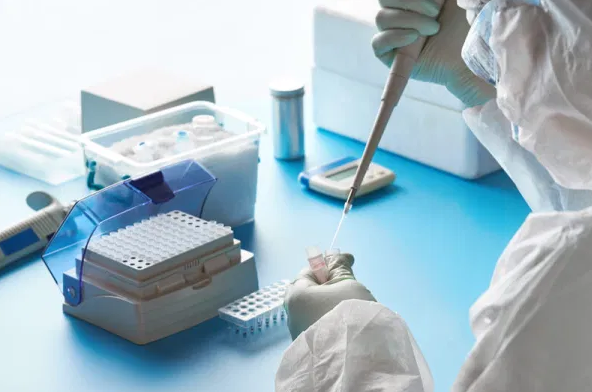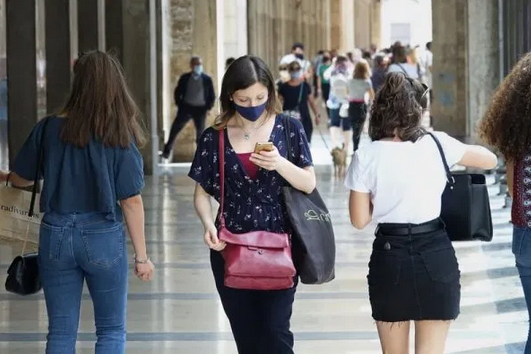© Anyaivanova | Dreamstime.com There is an idea circulating that many of the positive PCR tests results for the SARS-CoV-2 virus in Switzerland are false, results which are known as false positives. However, according to experts interviewed by RTS, PCR test false positives are rare. A number of political figures, including some Swiss parliamentarians, have ...
Topics:
Investec considers the following as important: 3.) Health, 3) Swiss Markets and News, Coronavirus Switzerland, Covid-19 Switzerland, Editor's Choice, Featured, health, newsletter, SARS-CoV-2 Switzerland
This could be interesting, too:
Investec writes The global brands artificially inflating their prices on Swiss versions of their websites
Investec writes Swiss car insurance premiums going up in 2025
Investec writes The Swiss houses that must be demolished
Investec writes Swiss rent cuts possible following fall in reference rate
There is an idea circulating that many of the positive PCR tests results for the SARS-CoV-2 virus in Switzerland are false, results which are known as false positives. However, according to experts interviewed by RTS, PCR test false positives are rare.
A number of political figures, including some Swiss parliamentarians, have been referring to large numbers of false positive SARS-CoV-2 PCR test results. While some infected with the virus are asymptomatic, this does not mean their positive test results are false, explain disease experts.
Confusion with other coronaviruses?
The PCR (pour Polymerase Chain Reaction) test involves taking a viral sample from someone and testing the DNA in it. In Switzerland, the majority of laboratories use tests that target two, sometimes three different SARS-CoV-2 genes. Confusion could happen in theory but in practice in it doesn’t, according to Gilbert Greub, head of the Microbiology Institute at the CHUV hospital in Lausanne.
Since January 2020, SARS-CoV-2 PCR tests have been conducted on patients with coronavirus colds to test the test’s accuracy. Not a single patient with a coronavirus cold tested positive for SARS-CoV-2, according to Greub.
False positives can occur when a sample is contaminated. However, this can be avoided with careful testing and lab work.
Test too sensitive?
Some criticise the tests for being too sensitive. While it is true that PCR testing amplifies SARS-CoV-2 viral genetic material to aid in the testing process, this does not mean there was no SARS-CoV-2 present in a patient testing positive.
It is also true that not all positives are equal when it comes to viral load and infectiousness. Some might have a higher viral load or be at a more infectious phase of disease’s progression.
Distinguishing between those with high and low viral loads could be useful for identifying those most likely to spread the disease. Recording this information along with the results of positive tests makes good sense.
Laurence Senn, an infectious disease expert at the CHUV hospital in Lausanne, where positive PCR test viral loads are recorded, said that the vast majority of patients currently testing positive have significant viral loads. They would test positive even with less sensitive tests, she said.
Tags: Coronavirus Switzerland,Covid-19 Switzerland,Editor's Choice,Featured,Health,newsletter,SARS-CoV-2 Switzerland









